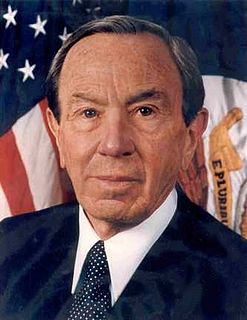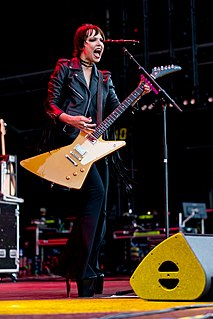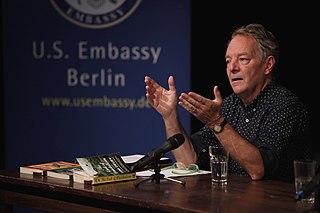A Quote by John Schneider
I had a working mother. She worked for IBM. My dad lived in another town - not very far away, but another town. So food was - I guess food was my friend.
Related Quotes
My mom had this inate ability. Whatever town my mother moved to, the second she walked into town, she would instantly attract the alpha loser of that town. This guy was not a good guy. This guy was half O.J. Simpson and half O.J. Simpson. Scott Peterson sprinkles on the top, a side of Robert Blake. You know, not a good guy.
I love entertaining people, I love playing music, and I love rocking like an animal. But at a certain point, you're playing gig after gig after gig, in town after town after town, and you're lying down, staring at another hotel-room ceiling, and it's like, 'I want to be home. I'm a dad. I've got kids.'
If there was ever a food that had politics behind it, it is soul food. Soul food became a symbol of the black power movement in the late 1960s. Chef Marcus Samuelsson, with his soul food restaurant Red Rooster in Harlem, is very clear about what soul food represents. It is a food of memory, a food of labor.
I'm obviously very hippie-like, and I'm always in a different city and town and country, and I thought, 'Why is it that the big food chains are always so promoted? I want the whole ingredients. I don't want preservatives. I want what this town and these farmers produce and see how their chefs create.'




































